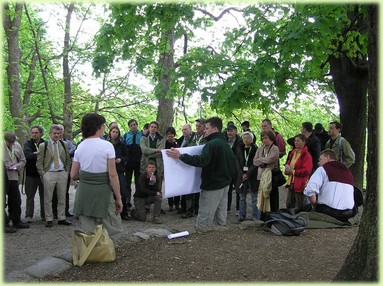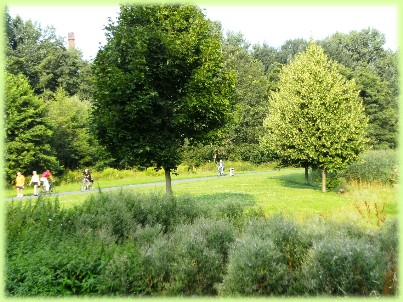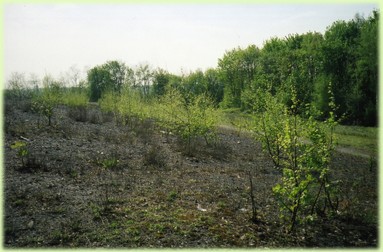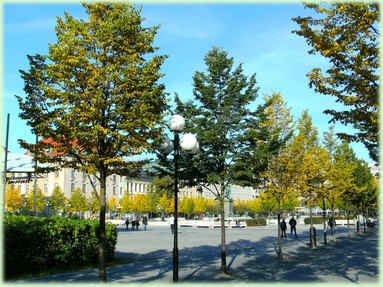Citybranchings
The future of planning and maintaining urban green spaces
ObereZeile
The future of planning and maintaining urban green spaces
Future orientated planning combined with integration, communication and cooperation with all stakeholders will result in sustainable planning concepts where specified areas can be used for forestry or agriculture AS WELL AS for recreational purposes.
To achieve this, a main requirement of all stakeholders is their willingness for cooperation and problem solving


Sustainable maintenance concepts are required for already existing urban green space in order to release pressure by increasing recreational demands of visitors as well as rising negative environmental influences (e.g. effects of climate change, increasing urbanisation, more plant pests and diseases).
Furthermore, recreational green spaces are decreasing through increasing building development on agricultural and forestry land, as well as the destruction of cultural landscapes. These are not only of historical, but also of recreational value and play a - restricted - role as nature protection areas.
Especially in densely populated countries (e.g. Germany, United Kingdom), there are - on the one hand - many rural areas disapearing rapidly and farmland is converted into urban development, but on the other hand, there is an increasing number of industrial, urban and agricultural "useless" fallow land that could be converted into urban green.
Therefore, losses of green space should be considered soon in time to determine potential new areas for urban greening and start the planning and development process in time to minimise losses and additional pressure on existing green space.


New urban green space can emerge from former industrial fallow land as well as from former administration premises that have been abandoned and are not used otherwise.
Already existing urban green space should be maintained and managed carefully to sustain these for the future.
Increasing urbanisation does not have to be contrary to
human wellbeing and nature!
